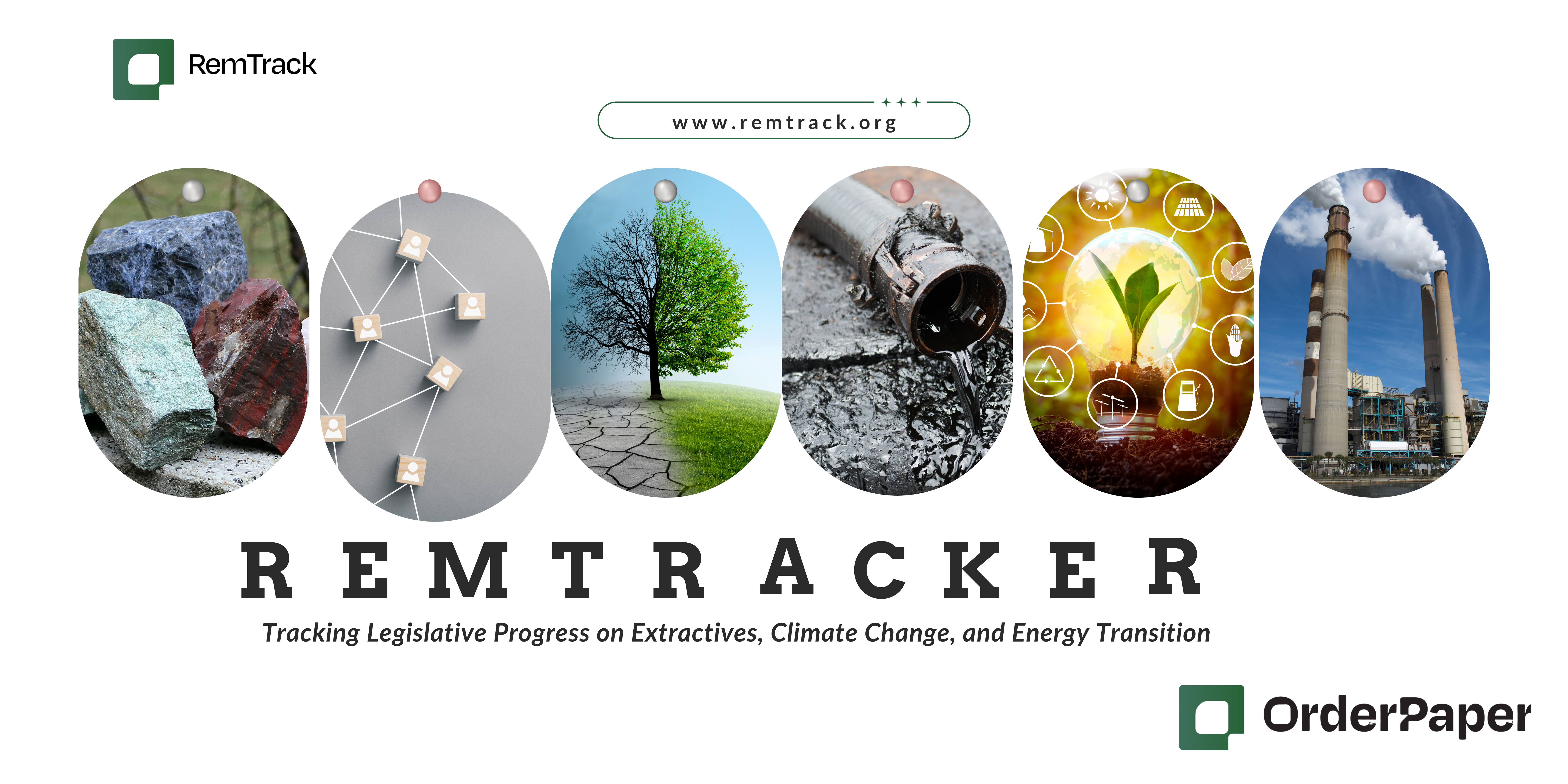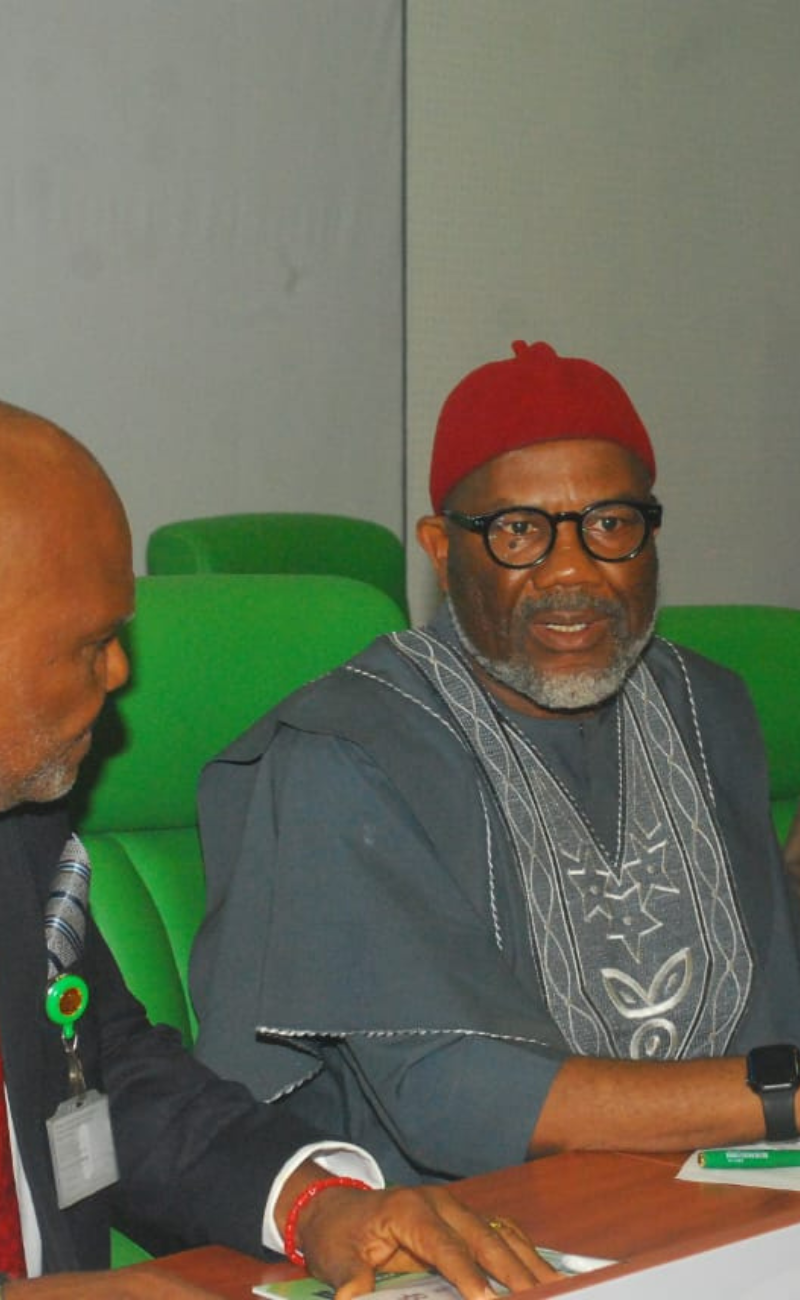In a bold step toward transforming Nigeria’s resource governance, a bill to decentralise resource ownership has gained traction in the House. RemTracker this wekk, examines this constitutional amendment proposal

Decentralizing resource governance
A set of bills centered on altering the provisions of the Constitution of the Federal Republic of Nigeria, 1999 (as amended) to decentralize the governance of natural resources and to transfer mines and minerals, including oil fields, oil mining, geological surveys and natural gas from the exclusive legislative list to the concurrent legislative list and for related matters (HB. 200, 1310, 1446 & 1546) have passed the second reading stage.

This comprehensive legislative proposal, sponsored by Rep. Abbas Tajudeen (APC, Kano), Rep. Kingsley Chinda (PDP, Rivers), Rep. Jonathan Gaza (SDP, Nasarawa), and Rep. Ikeagwuonu Ugochinyere (PDP, Imo) respectively, calls for transferring mines, minerals, oil fields, oil mining, geological surveys, and natural gas from the exclusive list—where only the federal government has control—to the concurrent list, which would allow both federal and state governments to legislate on these matters.
The move is intended to decentralise natural resource governance, enabling the central and state governments to have a greater role in the management and regulation of these resources. By doing so, the bills promise more localised oversight and potentially enhanced accountability in the sector, ensuring that revenues from natural resources more effectively contribute to grassroots development and local economic empowerment.
ALSO READ: House to investigate non-compliance by mining operators|REMTRACKER
Understanding the Shift: Exclusive vs. Concurrent Legislative Lists
Nigeria’s exclusive legislative list contains subjects that only the federal government has the power to legislate on. This means states cannot make laws or decisions on these matters. Currently, mines, minerals, oil fields, oil mining, geological surveys, and natural gas fall under this category.
The concurrent legislative list, on the other hand, includes matters that both the federal and state governments can legislate on, provided state laws do not contradict federal laws.
By moving natural resource governance to the concurrent list, these bills would grant state governments more authority over resource management in their jurisdictions rather than relying entirely on the federal government’s decisions.
Potential Impacts
- Increased Local Control – Currently, states have no control over the mining or oil activities in their regions. However, If the bills are passed, they would have more power to regulate, grant licenses, and oversee resource activities in their territories, allowing for tailored policies that reflect local realities.
- Improved Revenue Sharing Model – Instead of waiting for federal allocations, states could generate direct revenue from natural resources, fostering regional economic growth.
- Reduced Bureaucracy – Investors would no longer have to navigate a centralized federal system. They could then engage with state governments, making investment and regulatory processes more efficient.
- Increased Accountability – Localized oversight could lead to better monitoring of environmental impact, community engagement, and corporate social responsibility initiatives.
Potential Challenges
- Conflicts Between Federal and State Governments – In implementing these proposals, there could be disagreements over the division of authority and revenue-sharing frameworks could lead to legal disputes.
- Risk of Mismanagement – While decentralisation offers more control to states, concerns remain over whether states have the capacity to manage resources effectively and transparently.
- Revenue Sharing Complexities – Nigeria already faces tensions regarding oil revenue distribution. Shifting control to states might spark further disputes between resource-rich and resource-poor regions.
Stay tuned for the next episode of RemTracker as we continue to provide in-depth analysis on how these legislative changes unfold and shape the future of Nigeria’s extractive industries.



